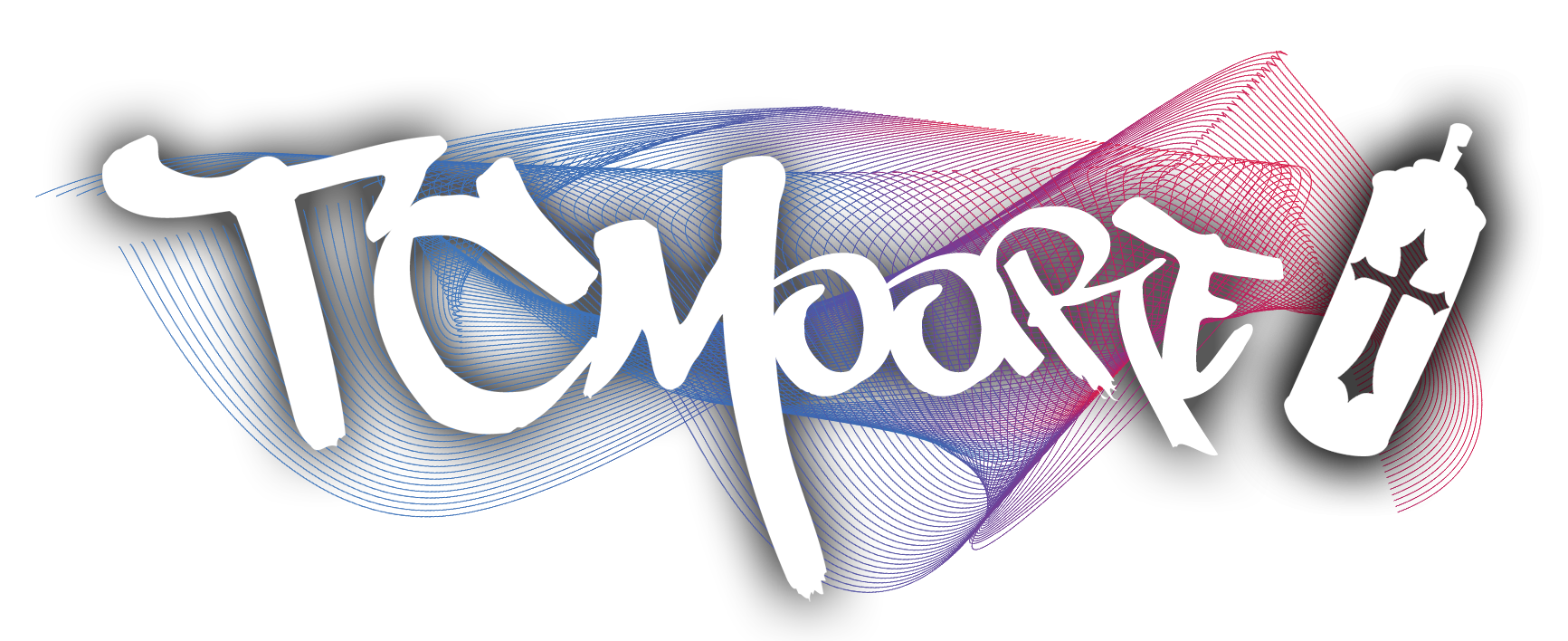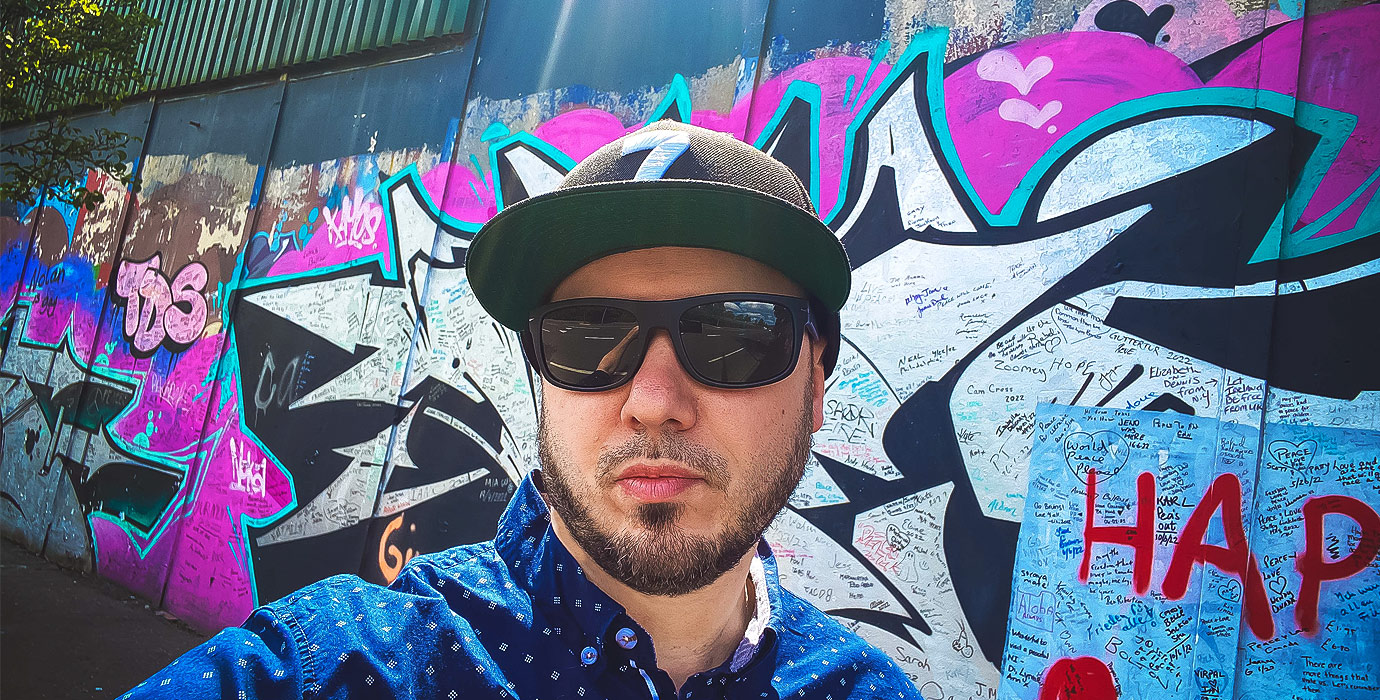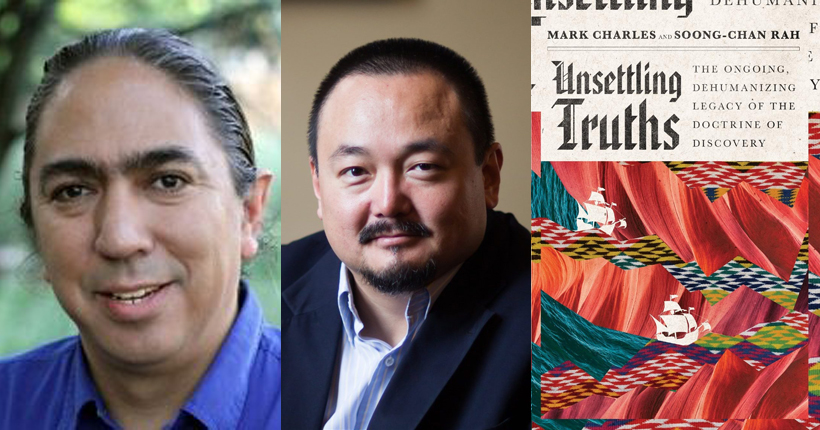Prophecy is often fundamentally misunderstood in modern, Western Christian circles—perhaps especially among white Evangelicals. Prophecy has been all too often confused with fortune-telling. But prophecy isn’t about predicting the future, it’s about proclaiming the word of God. Prophecy isn’t so much fore-telling as it is forth-telling. The prophet is God’s mouthpiece, God’s megaphone. The prophet’s job is to speak forth the truth of God, even when that truth is discomforting or inconvenient. Most often the truth feels unsettling to those who benefit from the truth remaining hidden. The prophet speaks truth to power, even if it comes at a cost, because truth that unsettles is truth that transforms.
The people of God should welcome the truth, even if that truth causes us discomfort, regardless of our social locations. Because to be God’s people is to live by God’s word, to walk in the light of the truth. How can a people who reject the truth claim to be God’s people? Or how can God’s people continue to be people of light if they continually choose to live in the darkness of deception?
Unsettling Truths isn’t just a book, it’s a prophecy. It is a blazing spotlight focused directly on the darkness that plagues the United States, and in particular white, North American Christians. It calls us out of the darkness of historical ignorance and into the light of moral courage. It calls us out of the darkness of White Supremacy and into the light of antiracism and ethnic conciliation. It calls us out of the darkness of American Empire and into the light of the global body of Christ. 'Sunlight is the best disinfectant.'
Historical Re-education
In order to tell readers the truth, the co-authors of Unsettling Truths, Mark Charles and Soong-Chan Rah, will need to take us back to the ‘patient zero’ (so to speak) of the long and grotesque legacy of European settler colonialism. The Doctrine of Discovery, founded upon church teaching, is what sanctioned the land theft and ethnic cleansing of indigenous peoples all across Turtle Island [1] as well as the enslavement of Africans. Charles and Rah expose how so much of American ideology (e.g. Exceptionalism, Triumphalism, ‘Manifest Destiny,’ and White Supremacy, etc.) all trace their roots back to the theological justification for colonization granted by the Doctrine of Discovery. But they don’t stop there. Charles and Rah also teach readers how the unholy marriage of religious authorization and imperial power goes much further back in history than the 15th century. They remind readers that Jesus himself disrupted the messianic expectations of his day by addressing evil nonviolently and explicitly rejecting the establishment of a kingdom like the other kingdoms of this world.When Jesus physically entered into human history, he recognized the expectation to establish an earthly political kingdom rather than a restored relationship with Creator. The oppressed people of Israel expected a return to the greatness of the kingdom of David, but God remembered the communion of community in the Garden of Eden. (p.43)Jesus’s disciples have never stopped wrestling with this tension. All throughout Jesus’s ministry his own followers tried again and again to make him perform his kingship like a warrior-ruler, but Jesus constantly refused. Instead, Jesus’s coronation was his crucifixion and his exaltation was his resurrection and ascension. Jesus alone defines divine power and kingship. And yet, by the beginning of the fourth century, leaders of the church were giving theological justification for imperial power and conquest. Charles and Rah call out both Augustine and Eusebius for their complicity in the rise of “Christendom,” Augustine for his development of “Just War theory” and Eusebius for casting the emperor as a savior in the role reserved exclusively for Christ. The historical re-education Unsettling Truths provides is worth the cost of the book alone—with its sweeping survey of church history as well as Western history. Few books in the American theological space have the courage to zoom in on the kinds of specific vignettes that highlight American brutality. Fewer still have the courage to call into question the hero status of President Abraham Lincoln. But, Unsettling Truths pulls no punches. In fact, one of the revelations in the book that might surprise readers the most is just how bipartisan is the American dependence upon the Discovery Doctrine. Readers might be shocked to learn which Supreme Court justice cited Discovery in the 21st century.
Trauma-informed Scholarship
As well-researched and well-written as this book is on the history of American Colonialism and oppression, as well as its relationship to the diseased social imaginary of the Christian mind, perhaps the most unique contribution this book makes to the pantheon of racial justice resources is its ‘C-PITS’ [2] theory for white Americans. In Unsettling Truths, Charles and Rah don’t merely pinpoint the Discovery Doctrine as the ‘patient zero’ of European Colonialism, they also diagnose a mysterious condition plaguing the American church: white Christians triggered by the mere mention of racial justice. Charles and Rah put forth an intriguing new theory that seems highly plausible. It has to do with historical trauma not only for victims of injustice but also for its perpetrators. This aspect of the book makes it an invaluable part of any future discussion of ethnic conciliation in the U.S.. I’m sure I won’t be alone in thinking that this book will spark many seminary theses and much new research. Neither the fascinating new trauma theory nor the well-researched historical theology tell the full story of this book. Unsettling Truths is also deeply personal at points. The autobiographical aspects of the book commend it to readers in a particularly powerful way. Mark Charles shares vulnerably from his own life, inviting readers to embark upon their own journey to explore how trauma affects us all. Charles gives us an invaluable window into the way trauma works at a personal level to help us understand how trauma might work at a corporate level. It’s brilliant and impactful.A Glaring Blind Spot for Calvinism
With all the high praise I have for this book it’s unfortunate that I must point out one pernicious flaw that pales in comparison to its overall excellence. Charles and Rah make two positive affirmations of Reformed theology (pp.180 and 182) that completely clash with the overall theological foundation of the book. Whereas the book expertly and incisively diagnoses the diseased social imaginary of white, Western Christians when it comes to things like White Supremacy and Christendom, it altogether misses their connection to theological determinism and Calvinism in particular. While Charles and Rah vehemently denounce the American church for co-opting the story of ancient Israel in its disgusting justification for Indigenous genocide, they somehow fail to see how the belief that white, European settlers were a “chosen people” by God is intrinsically linked to their Calvinistic doctrine of “election.” It’s equally mystifying how Charles and Rah miss the connection between Augustine’s diseased theological justifications for the violence of war and Augustine’s theological determinism. Coercive power is the heart of both errors. Other post-colonial theologians have explicitly made this connection. For example, Drs. Charles Amjad-Ali and Lester Edwin Ruiz write about this precise link in their chapter of Evangelicals and Empire: Christian Alternatives to the Status Quo entitled “Betrayed by a Kiss: Evangelicals and U.S. Empire”. Read extended excerpts from their essay. Many African American theologians and artists are also waking up to this connection, even after a long and concerted effort to co-opt black Christian leaders by Neo-Puritans such as John Piper since the early 2000s. For years now, leaders like Lecrae and Anthony Bradley, who were once staunch Calvinists, have begun to recognize the Reformed tradition’s deep indebtedness to racist violence and its justifications of coercive power. Even Propaganda stumbled upon this realization seemingly by accident when it was very inconvenient for his largely white audience. If “special chosenness” theology only applies to social beliefs about things like the superiority of the ‘white race’ and have nothing to do with the Reformed doctrines of election and predestination, then the dualistic dichotomy between Christian beliefs about “salvation” and social ethics (how we’re called to live out the Jesus Way in the world) has been reestablished. I know that this dichotomy is something that Charles and Rah work hard to resist—which is why it’s so frustrating that they miss the obvious connection to Reformed theology. Reformed theology is the theological framework of European Colonialism, owing its pedigree directly to Augustine. Calvinism is the theological framework that undergirded not only Puritanism but also South African Apartheid. And Neo-Puritanism continues to fuel the diseased social imaginary of white, American Evangelicals to this day! (cf. Douglas Wilson)Recommendation
Despite the very unfortunate positive references to Reformed theology, Unsettling Truths is otherwise a fantastic book that I highly recommend. It’s historical survey of modern Western Christianity’s sinful decent into apostasy through an unholy union with coercive, imperial power is excellent. And its insightful and incisive discussion of the diseased social imaginary of white, American Evangelicals is surgical and pastoral. Yet it’s also a book that marries one’s own faith journey with the complex exploration of Christian social ethics through personal storytelling around trauma. Then it expands that personal storytelling into a brilliant theory about the impact of historical trauma not only on decedents of injustice survivors but also on the decedents of injustice perpetrators. This book is thought-provoking and faith-inspiring. I would hope that churches and Christian schools across the country will utilize this resource to frame their discussion of racial justice and ethnic conciliation going forward.- “Turtle Island is the indigenous name for the land we now identify as the United States” (p.128)
- "PITS" stands for "Perpetrator-Induced Traumatic Stress, and the "C" stands for "complex." (cf. p.172-177)


